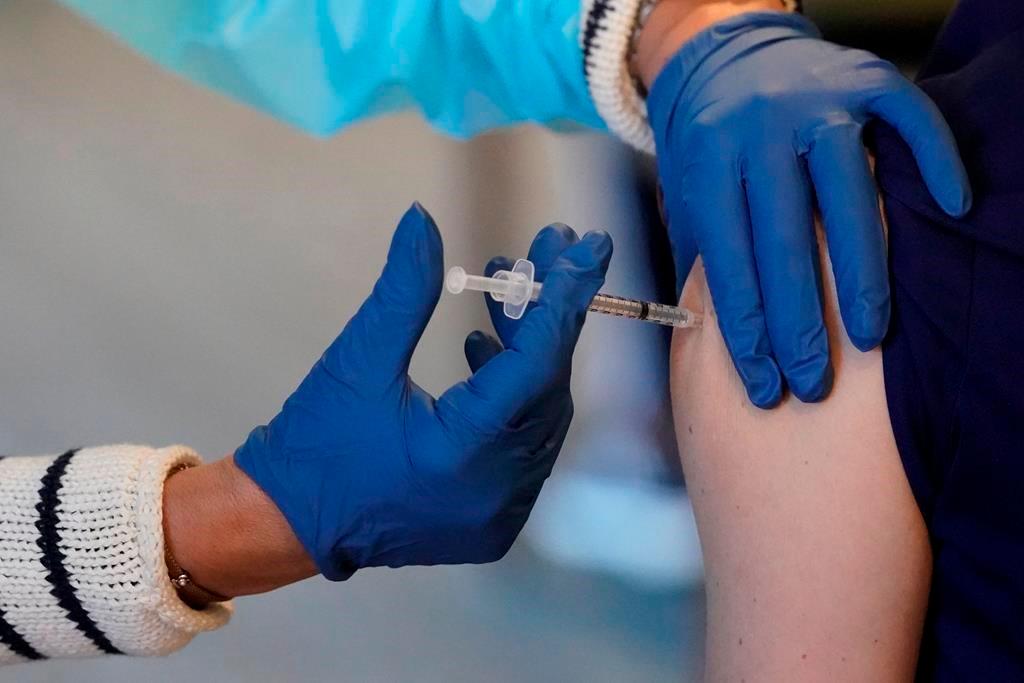Experts say that relying solely on vaccine passports to allow people to engage in certain activities again is not an effective mitigation tool to reduce the spread of COVID-19, and may distract from other necessary interventions or from the message of vaccination itself.
“I think pinning all our hopes on and putting all our efforts into vaccine passports as the main solution to opening up travel might be the wrong strategy,” Dr. Sarah Chan, an expert in bioethics at the Usher Institute, University of Edinburgh, told NTD’s “The Nation Speaks” in a recent interview. “And if we put too much emphasis on passports as the sole strategy, I think we risk creating a false sense of security that might lead people actually to increase their personal risk behaviors,” she said.






